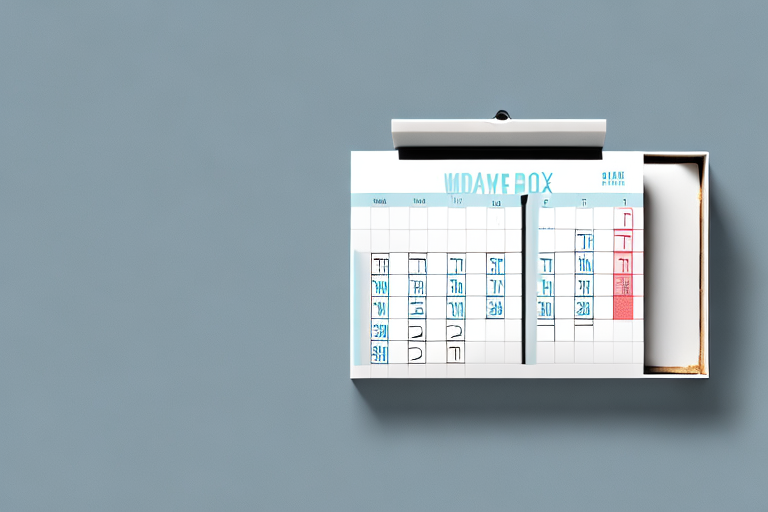The Rise of Scheduled Food Delivery Services
In recent years, scheduled food delivery services have experienced significant growth, transforming the way people access meals. According to a Statista report, the global online food delivery market is projected to reach over $200 billion by 2025. This surge is driven by increased urbanization, the prevalence of dual-income households, and advancements in mobile technology, making it easier than ever to order meals with just a few taps on a smartphone.
Benefits of Scheduled Food Deliveries
Time-Saving Convenience
One of the primary advantages of scheduled food deliveries is the significant time saved in meal planning, grocery shopping, and cooking. By having meals delivered at predetermined times, individuals can allocate their time more efficiently, focusing on work, family, or personal activities without the constant interruption of meal preparation.
Health and Nutrition
Scheduled deliveries can greatly enhance nutritional intake by providing access to balanced, portion-controlled meals. Many services offer menus curated by nutritionists, catering to specific dietary needs such as gluten-free, vegan, or low-carb diets. A study published in the Journal of Nutrition highlights that meal planning and structured eating schedules can lead to improved dietary adherence and overall health.
Cost-Effectiveness
Contrary to popular belief, scheduled food deliveries can be more economical than traditional dining out or impulsive grocery shopping. By planning meals in advance, users can take advantage of bulk ordering discounts and reduce food waste. Additionally, many services offer loyalty programs and subscription plans that lower the cost per meal.
Optimizing Your Schedule with Food Delivery
Effective Meal Planning
Integrating scheduled food deliveries into your weekly routine involves strategic meal planning. Assess your dietary requirements and preferences, then select a service that offers flexibility in meal selection and delivery times. Incorporating a variety of proteins, vegetables, and whole grains ensures a balanced diet and prevents meal fatigue.
Leveraging Technology
Modern food delivery apps provide robust features such as personalized meal recommendations, real-time tracking, and seamless payment options. Utilizing these tools can enhance the user experience, making it easier to manage your meal schedule and make informed food choices. According to a study by the National Institutes of Health, the integration of technology in meal planning correlates with higher satisfaction and adherence to dietary goals.
Choosing the Right Delivery Service
Assessing Your Needs
With a plethora of food delivery services available, selecting the right one requires careful consideration of several factors:
- Menu Variety: Ensure the service offers a wide range of cuisines and accommodates dietary restrictions.
- Delivery Options: Look for flexible delivery windows and reliable service in your area.
- Cost: Compare pricing structures, including subscription fees, delivery charges, and meal costs.
- Customer Reviews: Research feedback from other users to gauge service quality and reliability.
Trusted Providers
Opting for established providers with positive reputations can enhance the reliability of your food delivery experience. Services like DoorDash, Uber Eats, and Grubhub are renowned for their extensive restaurant partnerships and user-friendly platforms.
The Impact on Healthy Eating Habits
Scheduled food deliveries play a pivotal role in fostering healthy eating habits. By removing the barriers to accessing nutritious meals, individuals are more likely to maintain a consistent and balanced diet. Research from the American Journal of Clinical Nutrition indicates that structured meal delivery systems can reduce the incidence of skipped meals and reliance on unhealthy fast food options.
Tips for Maximizing Scheduled Food Deliveries
- Plan Ahead: Schedule your deliveries based on your weekly routine to ensure meals are available when needed.
- Customize Your Orders: Tailor your meals to align with your dietary goals and preferences.
- Manage Your Budget: Monitor your spending by selecting meal plans that fit within your financial constraints.
- Stay Flexible: Be open to trying new dishes and cuisines to keep your meals exciting and varied.
- Utilize Resources: Many services offer nutritional information and meal planning tips to help you make informed choices.
By implementing these strategies, you can fully leverage the benefits of scheduled food deliveries, enhancing both your lifestyle and nutritional well-being.
Conclusion
Scheduled food deliveries offer a transformative solution for individuals seeking convenience, health, and efficiency in their meal planning. By carefully selecting a reliable service, planning meals in advance, and utilizing available technological tools, you can integrate nutritious and delicious meals seamlessly into your busy life. Embracing this modern approach to dining not only saves time and money but also supports a healthier, more balanced lifestyle.






















